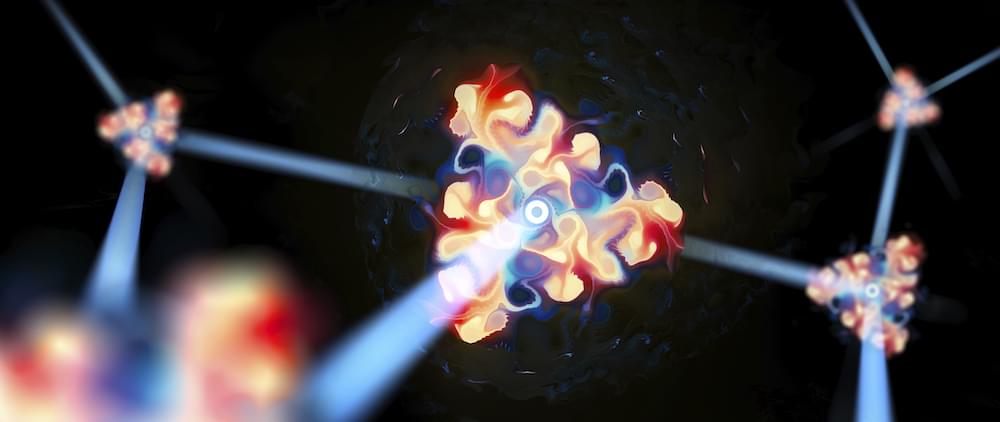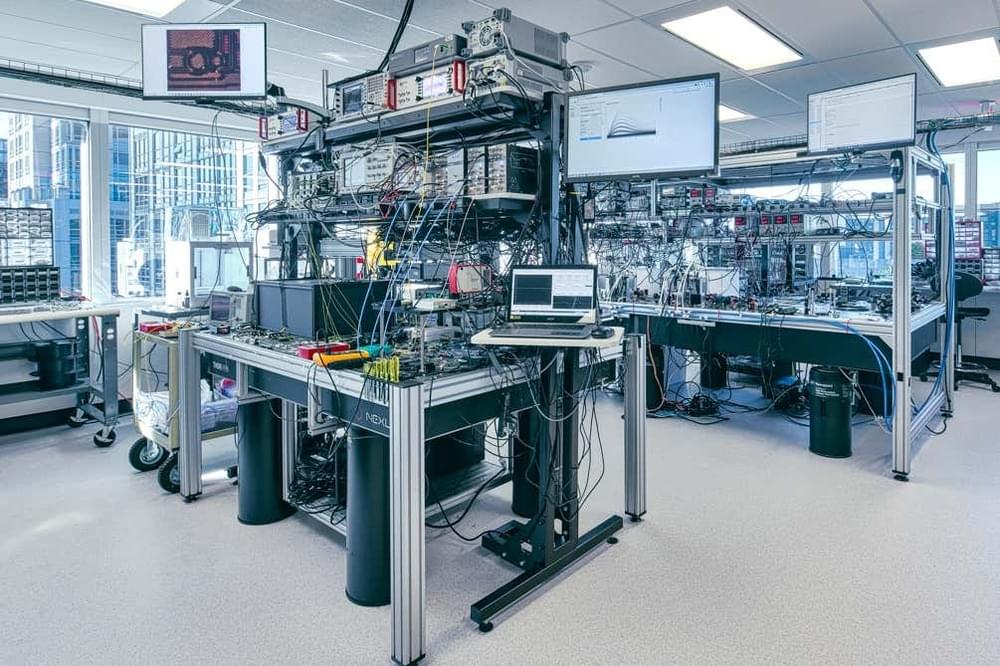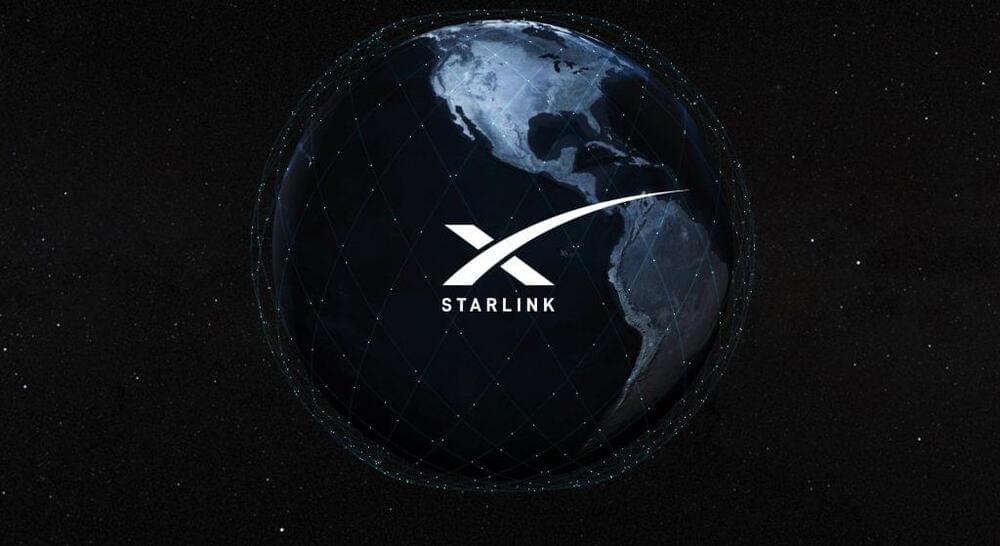When Heroes (now streaming on Peacock!) hit the airwaves in September of 2006, few characters were as immediately beloved as the appropriately named Hiro Nakamura. Granted the ability to manipulate space-time, Hiro could not only slow down, speed up, and stop time, he could also teleport from one place to another. That’s a useful skill if you need to get to a specific point in time and space to fight an evil brain surgeon or prevent the end of the world. It’s also useful if you want to build the quantum internet.
Researchers at QuTech — a collaboration between Delft University of Technology and the Netherlands Organization for Applied Scientific Research — recently took a big step toward making that a reality. For the first time, they succeeded in sending quantum information between non-adjacent qubits on a rudimentary network. Their findings were published in the journal Nature.
While modern computers use bits, zeroes, and ones, to encode information, quantum computers us quantum bits or qubits. A qubit works in much the same way as a bit, except it’s able to hold both a 0 and a 1 at the same time, allowing for faster and more powerful computation. The trouble begins when you want to transmit that information to another location. Quantum computing has a communications problem.






